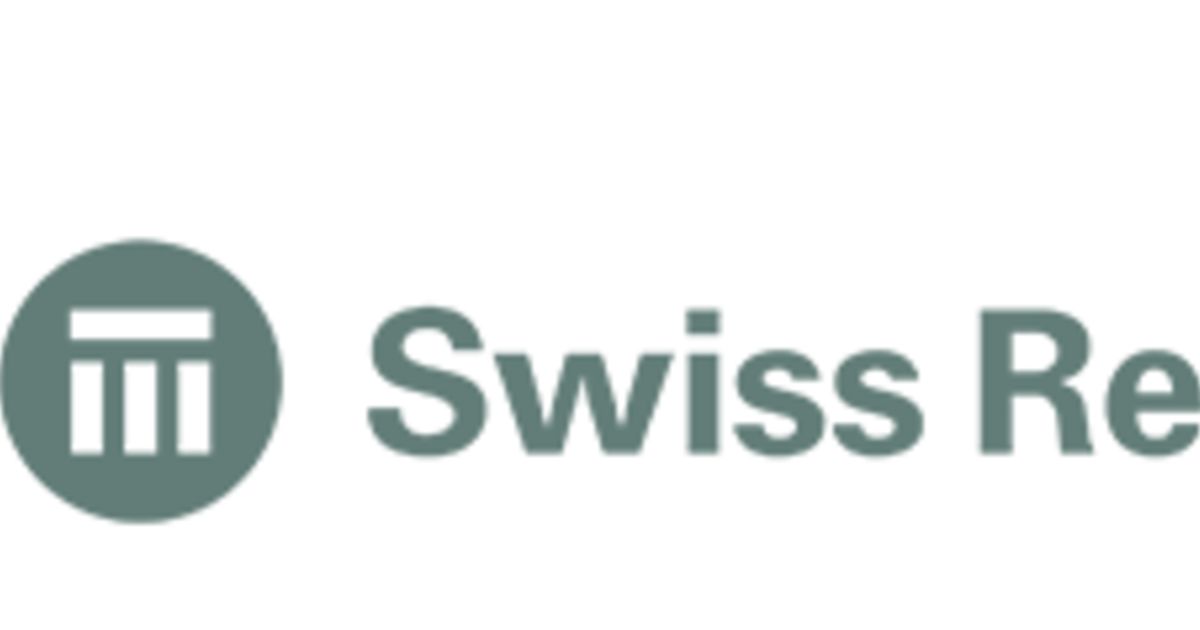 26-08-2020
26-08-2020
COVID-19 ups pressure on world resilience as global insurance protection gap reaches new high, Swiss Re Institute indices show

 Insurance Alertss
Insurance AlertssCOVID-19 ups pressure on world resilience as global insurance protection gap reaches new high, Swiss Re Institute indices show
The COVID-19 pandemic is expected to reduce global macroeconomic resilience by about 20% in 2020 from 2019 levels as stimulus packages deplete countries' fiscal and monetary buffers around the world. According to the latest annual Swiss Re Institute resilience indices, the UK, Japan and the US will experience the greatest falls in resilience among major economies. Switzerland, Finland and Canada remain the world's three most resilient countries, reflecting their comprehensive economic strength against future crises.
Global economic resilience held up in 2019 compared with 2018, but the world entered the COVID-19 crisis with less shock-absorbing capacity than before the global financial crisis of 2008-09, the last major economic downturn. The Swiss Re Institute Macroeconomic Resilience Index (E-RI) for the world stood at 0.62 in 2019, against 0.61 in 2018.
Government responses to COVID-19 are expected to significantly lower global economic resilience this year. The world index value drops to 0.5 in the initial estimate for 2020, which aims to capture the impact of the fiscal and monetary stimulus in response to COVID-19 on economic resilience [1]. While such stimulus packages have cushioned the blow to the global economy, they have run down many countries' fiscal and monetary reserves. This has caused their resilience scores to fall, including drops of more than half in some economies, the E-RI found. The research finds that monetary policy buffers will be largely exhausted in most advanced economies, leaving fiscal headroom as the major determinant of resilience. Of the countries in the top half of the 2019 resilience rankings, the UK, Japan and the US are expected to see their fiscal buffers depleted most and their index scores decline furthest. China's resilience will likely remain relatively unchanged, primarily because a swift response enabled it to reopen its economy earlier than many others. In contrast, Switzerland, Finland and Canada are anticipated to remain the world's three most resilient economies.
"The fiscal and monetary stimulus response to COVID-19 was key to cushioning the economic impact of government-ordered lockdowns," Jerome Jean Haegeli, Group Chief Economist at Swiss Re, said. "However, the reality of wartime-like spending is that it leaves much less room for future policy manoeuvre. What's more, the key economic policy risk is that these temporary government measures are too challenging to unwind and become permanent, leaving economies dependent on ongoing stimulus. A focus on replenishing resilience by reinstating fiscal and monetary buffers, through structural reforms to improve long-term growth prospects, will be critical."
Insurance resilience against three major risks – mortality, health spending and natural catastrophes – weakened in 2019, the indices show. The combined global protection gap for the three perils is calculated as reaching a new high of USD 1.24 trillion. Globally, mortality resilience declined the most, driven by a widening of the mortality protection gap in the Asia-Pacific region, where China's protection gap expanded due to rapidly growing household debt. Health resilience was stable despite some deterioration in emerging markets. The global health protection gap widened by more than 5% to USD 588 billion. Natural catastrophe resilience was lowest of the three risk areas. Swiss Re Institute expects that health and mortality protection gaps will widen as households grapple with lower incomes, higher healthcare costs and the financial consequences of losing a breadwinner as a result of the pandemic.
"The widening global protection gap is a huge opportunity for insurers to fulfil their mandate as risk absorbers and improve societal resilience," Haegeli said. "In times of crisis, households need risk protection. Insurance is a key tool to help households reduce their financial vulnerability in disruptive environments." Last year, Swiss Re Institute launched its Macroeconomic Resilience Index, ranking countries with respect to a broad spectrum of variables to offer a much more holistic assessment of economic health than gross domestic product alone. Swiss Re Institute also developed Insurance Resilience Indices to assess how insurance helps individuals, households and organisations to withstand shock scenarios in three key areas: natural catastrophes, mortality and healthcare.
"Indexing" resilience and measuring how prepared society is to face mounting risks can help policymakers to dial down exposure to challenges such as a slowing economy, rising national debt, climate change and pressure on natural resources.
[1] The preliminary index for 2020 uses actual monetary data as of August 2020 and forecast fiscal data for 2020, while all other index components are kept at their 2019 levels.

Source: Press Release
